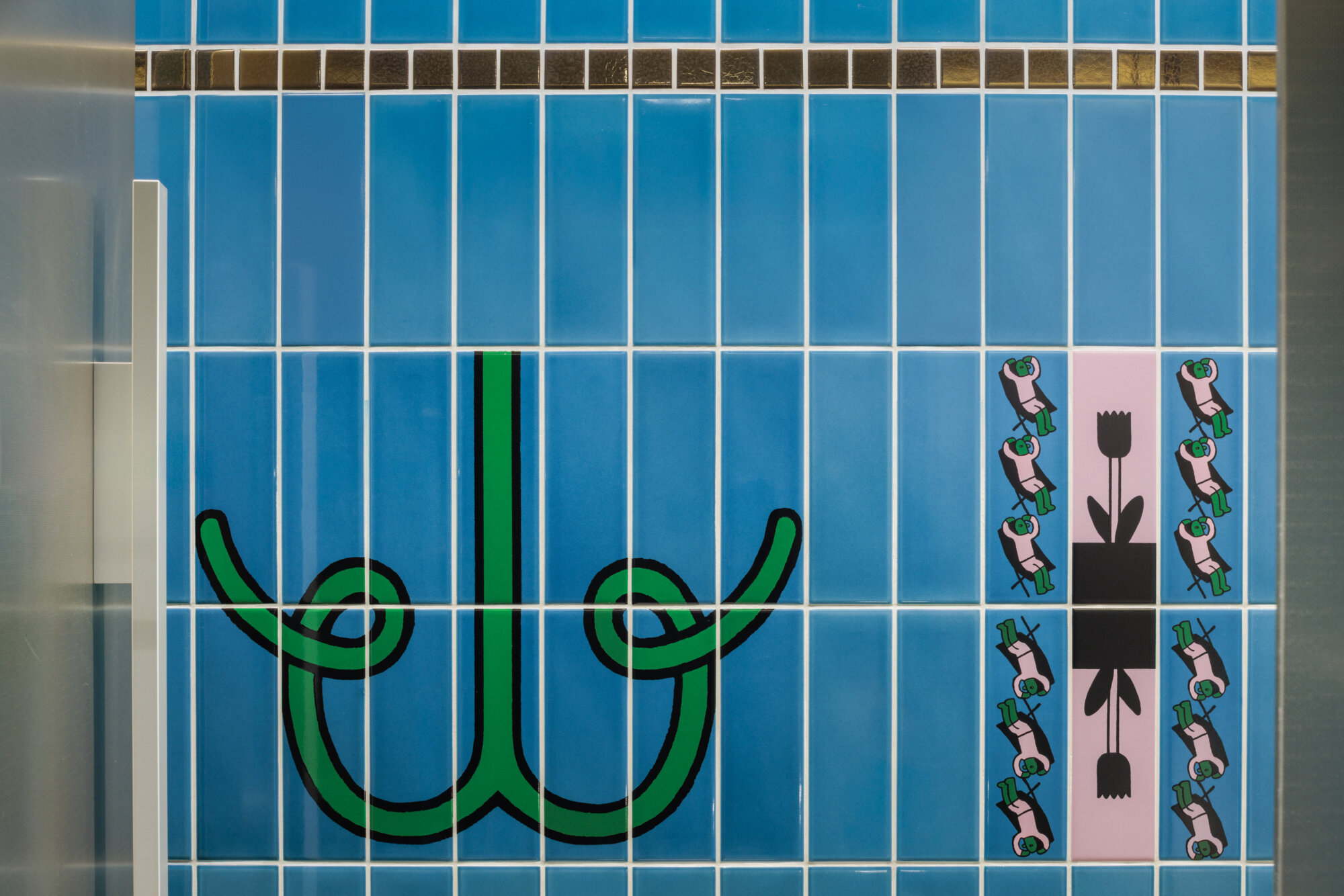Have you ever been tempted to buy one type of tile for your entire bathroom or kitchen? Using wall tiles for your floor might seem like a good idea on the face of it. After all, you might be able to cut costs, and give your space a uniform look in the process.
Unfortunately, using wall tiles on a floor isn’t advisable, and in this article, we will discuss why.
Durability
Wall tiles are designed for vertical surfaces that are subjected to less wear and tear. For this reason, they are usually thinner, lighter and made from materials that are designed to support heavy loads or sudden impacts.
Move them to the floor, and wall tiles will be more likely to crack under pressure from your furniture, foot traffic or dropped objects. Over time, these cracks don’t only look bad; they can also compromise the integrity of your floor. These cracks not only spoil the look of your floor but can also compromise its integrity.
Slip resistance
The other key difference is the texture of wall tiles, which are typically smooth and glossy. That makes them look shiny and appealing, as well as easier to maintain. Install them on a floor, and this surface is likely to be too slippery, especially when there is moisture around.
What to look for in floor tiles
So what should you be looking for in floor tiles? Let’s wrap up with some tips on finding the most suitable stock or custom floor tiles for underfoot surfaces.
PEI Rating
When selecting tiles for your floor, always check the PEI (Porcelain Enamel Institute) rating. This measures a tile’s resistance to abrasion. For residential floors, look for a PEI rating of 3 or higher.
Tile type
Porcelain and certain types of ceramic tiles are engineered for floors. Being denser and less porous than standard ceramics, porcelain tiles are stronger, more water-resistant, and ideal for floor tiling inside and outside.
Slip resistance
The tiles you choose should have an appropriate slip resistance rating. This is often referred to as an ‘R value’. Values R9 and R10 are suitable for dry indoor areas, while R11 through to R13 are recommended for wet or outdoor environments.





















